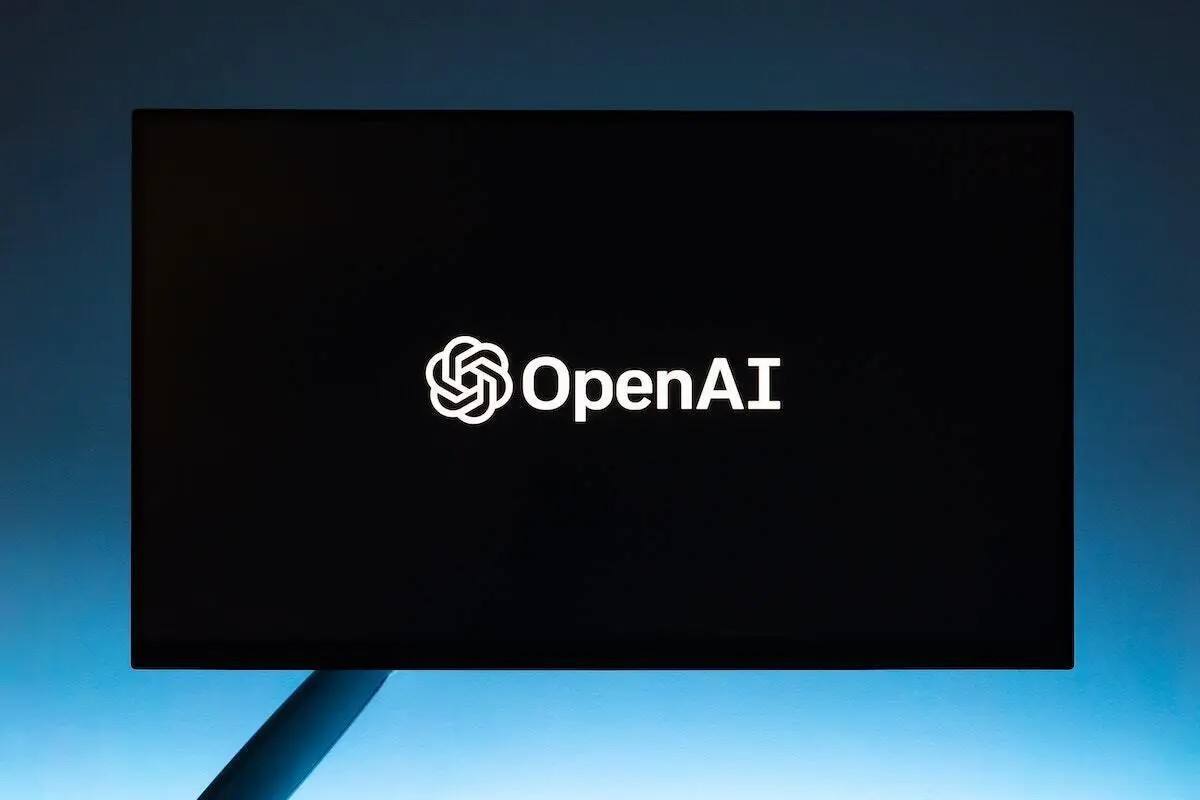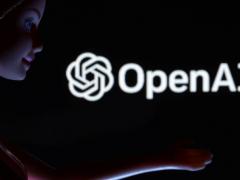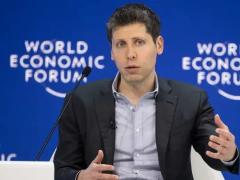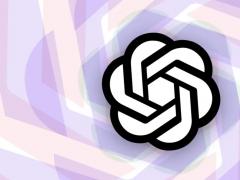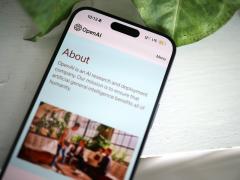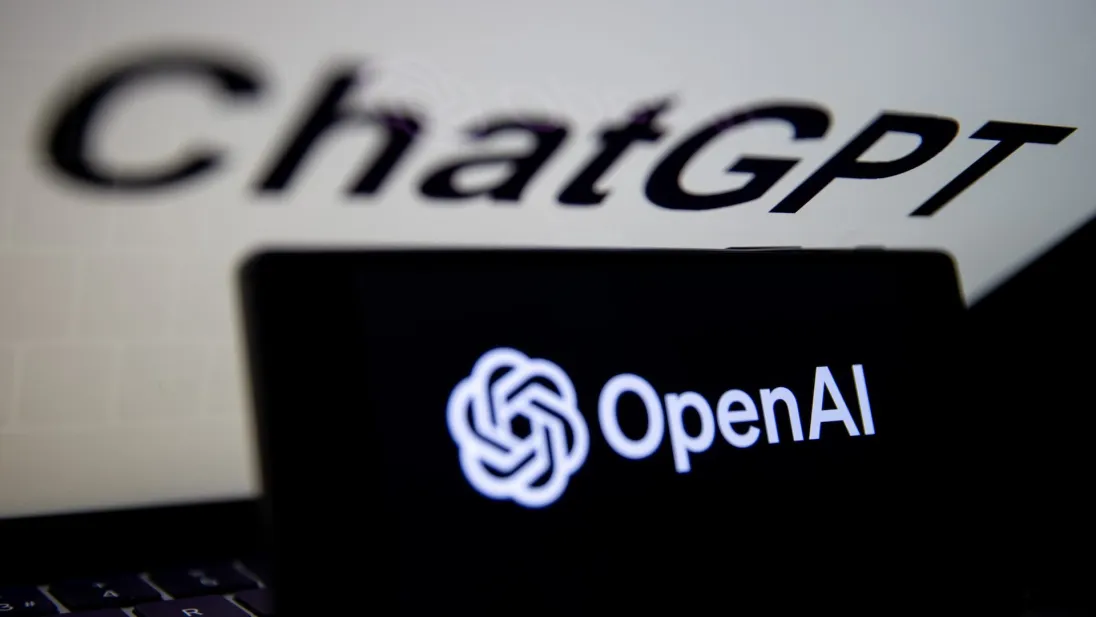
OpenAI’s push into education seems to hold exciting possibilities, according to Purohit, who envisions a future where professors design custom GPTs for public use. “What I’m hoping is going to happen is that professors are going to create custom GPTs for the public and let people engage with content in a lifelong manner,” she said. While not part of their immediate work, it’s clearly on OpenAI’s roadmap.
Already, some educators are embracing the tools at hand. Purohit notes that several professors have uploaded entire semesters’ worth of material to build tailored GPTs, subsequently sharing them with their students. “Students engage with that finite knowledge … [which] I think is a really powerful and good way to let them research,” she explained.
OpenAI is making education a central pillar of its growth strategy. To spearhead this, the company recently appointed Leah Belsky, former chief revenue officer at Coursera, as its first education general manager. Belsky is tasked with expanding OpenAI’s footprint in schools, a mission bolstered by the release of ChatGPT Edu earlier this year—a specialized version of ChatGPT for universities.
The stakes are significant. Allied Market Research estimates the AI in education sector could skyrocket to $88.2 billion within the next decade. However, progress has been slow, with many educators approaching the technology cautiously.
Custom GPTs, like the ones Purohit mentioned, may mirror tools like Khan Academy’s Khanmigo. This AI chatbot, launched in partnership with OpenAI, helps students with tasks ranging from homework assistance to test preparation by leveraging Khan Academy’s vast content library. Yet, it’s not without flaws. A Wall Street Journal review earlier this year highlighted Khanmigo’s struggles with basic math, and its occasional inability to rectify mistakes even when prompted.
